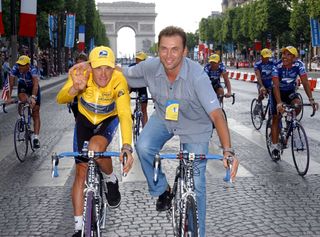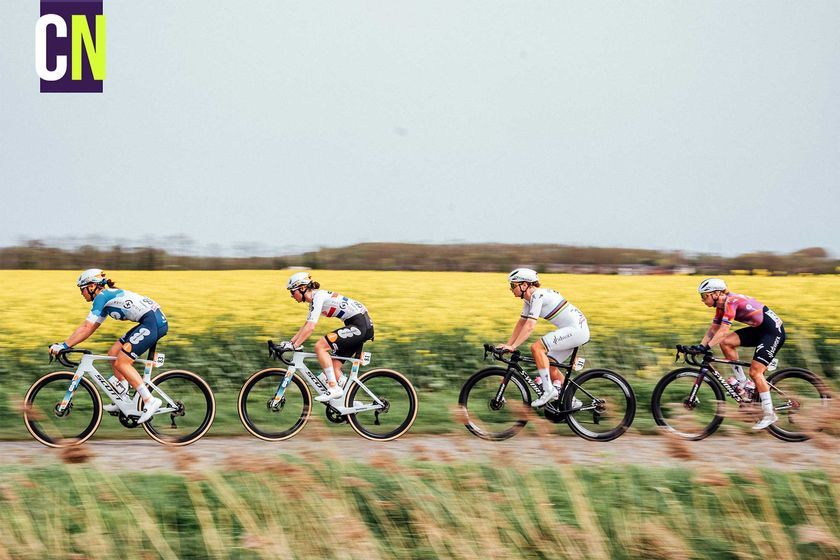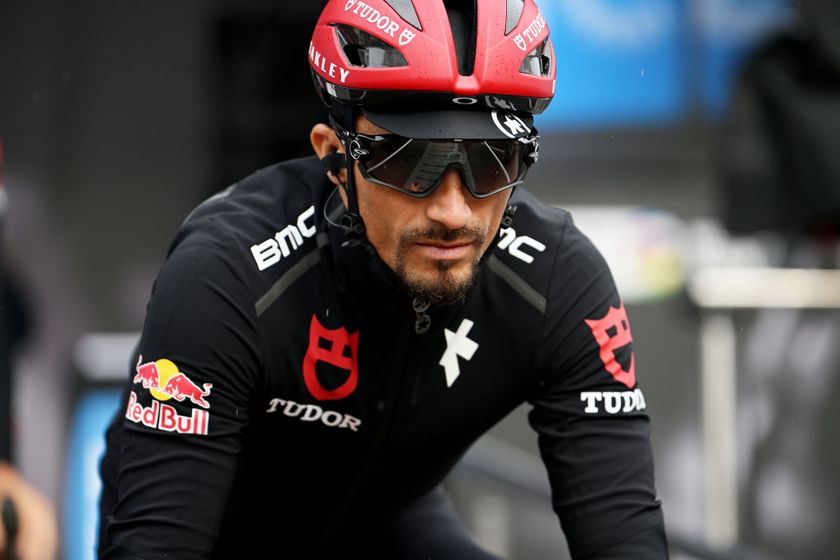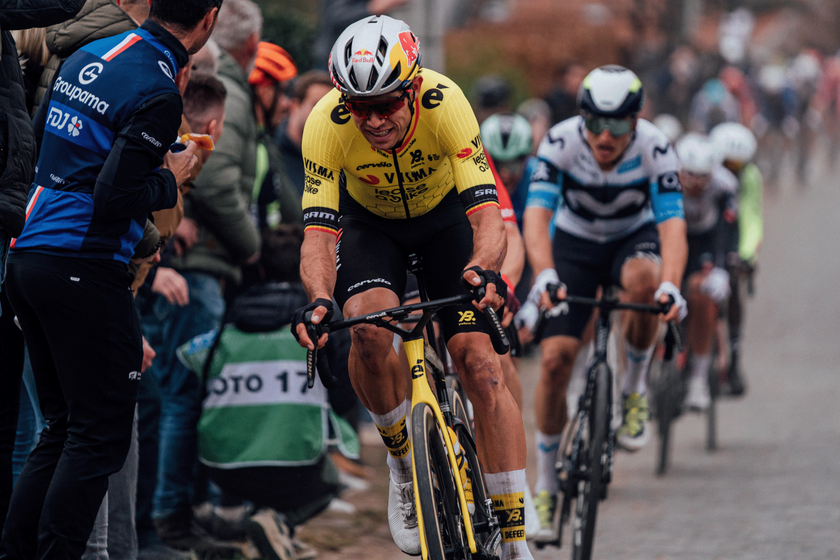Lance Armstrong federal trial delayed until 2018
Whistleblower suit set for May due to scheduling conflict with lawyer

The whistleblower lawsuit against Lance Armstrong will not go to court this fall. USA Today reported that the case has been postponed until May 2018 because of a scheduling conflict involving one of his attorneys, John Keker, who together with Elliot Peters has represented Armstrong in the case since it was filed by Floyd Landis and his attorney, and later taken on by the US Government.
Floyd Landis timeline: Tour comeback to doping confession
Index of Lance Armstrong doping allegations over the years
US government joins whistleblower suit against Armstrong
US court forces Lance Armstrong to give three more hours of testimony in whistleblower lawsuit
Armstrong 'whistleblower' lawsuit cleared for jury trial
Lance Armstrong, US government battle over experts in looming fraud case
"I am confident I am not liable under any theory articulated by plaintiffs and hope that this matter can be tried as soon as possible," Armstrong wrote, according to USA Today. "But plaintiffs' allegations are serious, and I want the counsel of my choice representing me at trial. That is Mr. Keker and Mr. Peters together."
District Judge Christopher Cooper accepted the request and moved the trial's start date from November 6, 2017 to May 7, 2018.
Armstrong could be on the hook for three times the $32.2 million sponsorship from the US Postal Service under the False Claims Act if he loses the case. Any private citizen can bring a lawsuit under the act if they have knowledge of a person or organisation having committed fraud against the government, something Landis took advantage of after making public his assertions that Armstrong used performance enhancing drugs to win the Tour de France seven times in violation of the team's contract with US Postal.
If the government wins the case, Landis could receive a reward of some percentage of the award.
Landis' accusations came almost three years before Armstrong finally confessed to doping in 2013, filing the False Claims Act suit on June 10, 2010.
The US Anti-Doping Agency (USADA) banned Armstrong for life after collecting multiple witness testimonies on Armstrong's doping activities in 2012, but the US Government only joined Landis' whistleblower suit until Armstrong confessed in a televised interview in January of 2013.
Get The Leadout Newsletter
The latest race content, interviews, features, reviews and expert buying guides, direct to your inbox!
It will be more than five years from the time the government joined the case until the court trial, and the US attorney Tony Anikeeff said another six months "probably will not adversely affect either party to any significant degree".
"Trial preparation is often an intense effort that increases as one approaches trial date. Having extra time may help both parties to better refine their cases. The concern one has in any matter is that memories continue to fade."
Armstrong's attorneys have focused his defense on claims that the US Postal Service benefited more in marketing value from the sponsorship than the sum provided, and suffered no damages from his doping.









